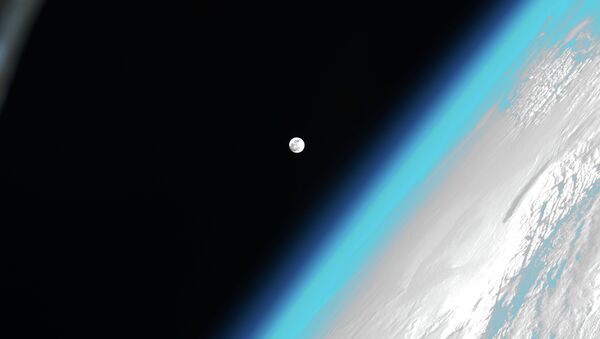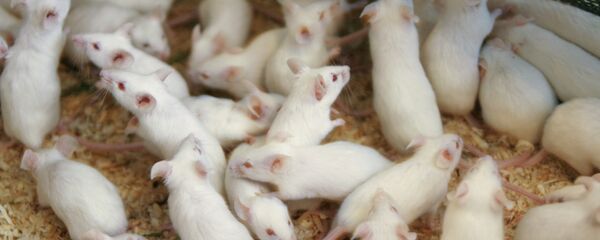"On 9-10 January [2019], there will be a medical commission that will select 10 people, who will begin their training starting from January 14. The crew will comprise six people. In line with our approach, which we share with our US colleagues, there [in the crew] should be at least two women, or, even better, three", the representative of the Institute of Biomedical Problems of the Russian Academy of Sciences (IBMP RAS), which carries out the experiment on the part of Russia, told reporters.
According to the scientist, the crew will also comprise a Russian medic and at least two foreigners.
"At the end of February, we will have a dry run, when the selected six people will work together for three days inside the facility. And in the first week of March, there will be a launch [of the project]", Belakovsky said.
In 2016, IBMP and NASA signed a cooperation agreement on conducting a series of experiments dubbed SIRIUS. The first stage of the experiment took place in 2017 and lasted 17 days. The duration of the experiments is expected to rise each year. This year's four-month-long isolation experiment is set to start on March 1, 2019.




